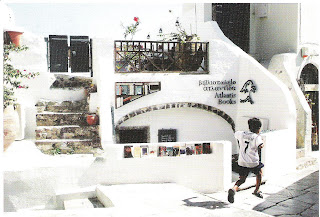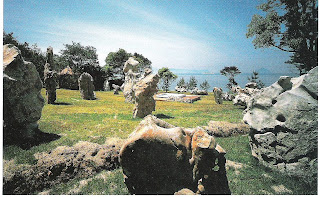Forgot to mention that I had entered the Bridport Prize for Writing in England : 1 Poem and 1 Short Story.
Forgot to mention that I have been reading
Twenty Thousand Roads : The Ballad of Gram Parsons and His Cosmic American Music : Bloomsbury, 2009, by David N. Meyer and I had given my friend the choir angel S a kind of brief summary when she asked me about it that went something like this:
"I'm going to take five minutes to speak a little about this monster of a book I am devouring at the moment (as it is devouring me and my time – time I
should be devoting to my novel).
First of all : this book is not of your world S – stay away from this book. It is very depressing – as I have said in my headline it is a 500 page drug infused doomed roller coaster ride of 8 years in the life of a young American man, (Gram Parsons) from the age of 18 to 26 (when he died – sadly and very predictably) who essentially incorporated folk music, country and western music and R&B (Rhythm and Blues) into contemporary rock and roll in the 60's. He had an enormously influential role on the later work of people I like very much : Emmy-Lou Harris (
Wrecking Ball) Linda Ronstadt, Daniel Lanois etc and then of course major influences on huge groups –the remnants of his group
The Flying Burrito Brothers went on to form
The Eagles, he was best friends with Keith Richards (not a good influence) of
The Rolling Stones who immediately changed the direction of their music with the song
Wild Horses on
Sticky Fingers and went on to record their superb country rock album
Exile On Main Street (just re-released) etc, etc etc. So, essentially that is what I am doing with this book at the moment. Do stay away from it S – it is not of your world."
Now, I think I should be saying more to be fair, how can you condense these five hundred pages of exhaustive, encyclopaedic musical history and do it anything like justice. I was going to publish an excerpt from the period when the band
Fallen Angels was being essentially fronted by Gram Parsons and Emmy Lou Harris singing together: However, I have lost track of the specific succinct paragraph (have briefly abandoned the habits of formal study) so will include some excerpts that offer a more positive flavour of this music:
"Gram showed me that you can bring all these influences together if you have a focal point....What he gave me was learning how to sing and how to phrase." (Emmylou Harris cited in Meyer, 2009, p. 373).
"Gram sings the opening lines over a picking guitar and a celestial pedal steel atmosphere. Emmylou joins on the aching choruses over Berline's fiddle. Gram's voice is weak, quavering, filled with sadness. He sounds determined to reach the end of each line before his strength fails him. Gram's gift for conversational phrasing never deserts him, even as his voice breaks in the middle of a held note. He sings the last hopeful line of each chorus alone. For the final rendition Emmylou joins him. Their harmony emerges as a prayer, a plea for something to believe in." (Meyer, 2009, p.374).
"Emmy has got to be one of the greatest singers I ever heard. Her and Gram together had a harmony that was absolutely incredible. It was quite an experience." (Neil Flanz –
Fallen Angel – cited in Meyer, 2009, p. 387).
"Gram was taking a specific country storytelling tradition to the next level, a level of linguistic and narrative sophistication that no-one has matched since. As with
Return of the Grievous Angel the most moving lyrics do not contain any overtly tragic lines. The emotion derives from Gram's vocal intensity, the building arrangement, and what each line means to those that come before and after. No single couplet or verse strikes harder than another. The power of the songwriting resides in the whole." (Meyer, 2009, p. 443).





